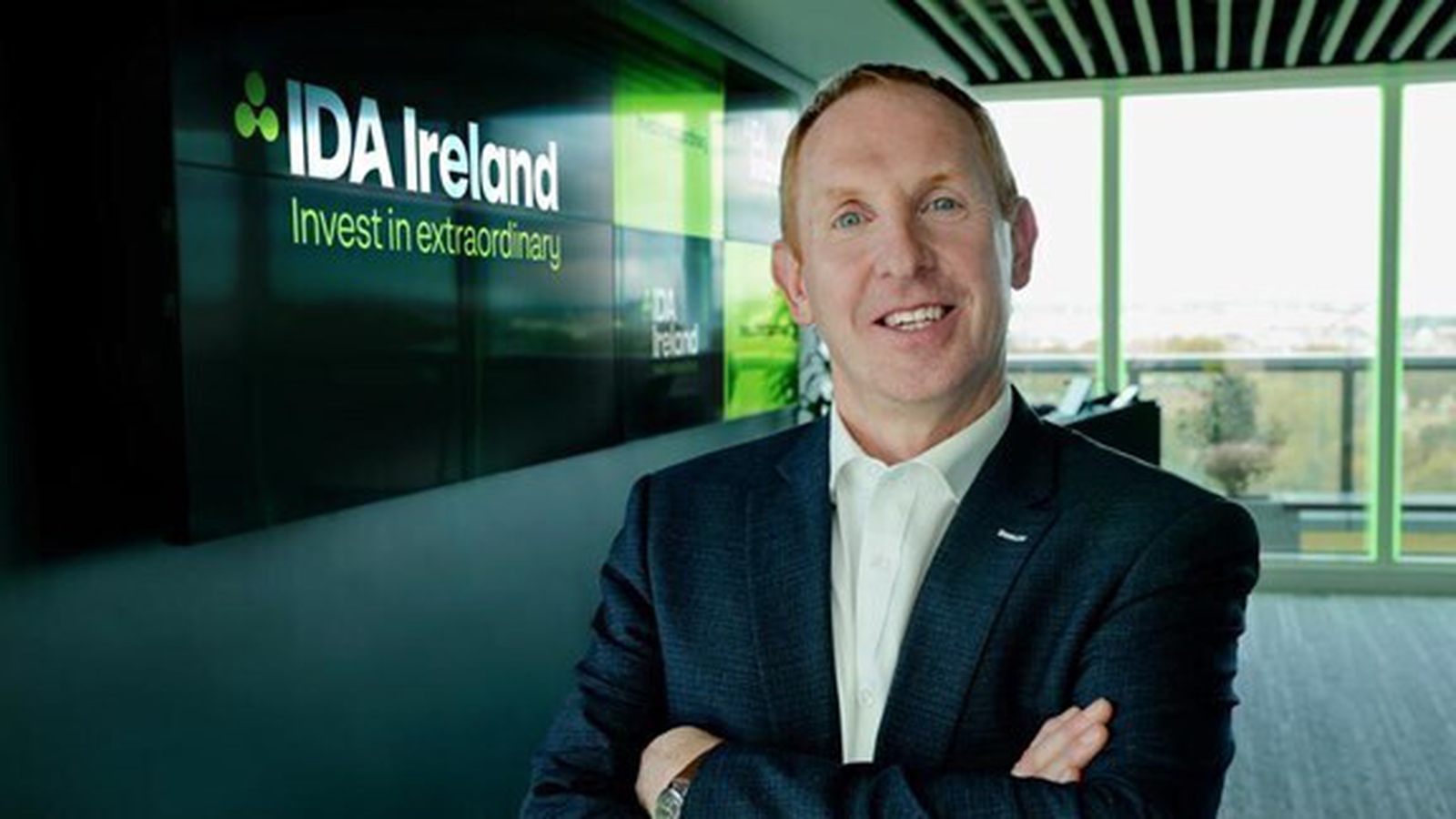The number of investments into Ireland by foreign multinational companies fell in the first six months of the year.
Mid-year results published by inward investment agency IDA Ireland show that between January and the end of June, there were 131 investments secured, down from 139 over the same period a year ago.
The projects collectively are set to yield 8,900 new jobs, down 26% on the 12,072 reported for the same six months in 2023.
The IDA does not publish the number of jobs lost at multinationals at the mid-point of the year as it only collates that data at year end.
As a result, the figures published today do not take account of any role cuts announced by foreign firms here over the last six months.
Despite the subdued performance, IDA Ireland said it had exceeded its own targets around number of investments, job approvals, regional investments.
“Ireland’s proposition as a location for FDI investment remains strong,” IDA Ireland chief executive Michael Lohan said.
“Against the backdrop of an intensely competitive global environment and the proliferation of industrial policies, it is imperative that IDA Ireland continues to attract and win new investments whilst at the same time continuing to support existing clients in their investment endeavours across the twin transition of sustainability and digitalisation,” the CEO added.
Explaining why investment into Ireland had fallen, Mr Lohan said there has been a significant shift in industrial policy in Europe, US and Asia over last 18 months and levels of protectionism and geopolitics were also playing a role in dampening investment.
He added that the nature of foreign direct investment into Ireland has also changed.
“As we look at the FDI base in Ireland, it has matured, it has longevity and has stability and now what we are doing is deepening that from an innovation and R&D perspective. And that is what these figures actually show,” Mr Lohan said.
Nonetheless, the IDA boss said the pipeline of future investment is quite robust and remains strong.
“I would be confident that we are going to continue to see investment flow into Ireland and that is going to mean job creation, it is also going to mean other impacts in terms of societal impacts and indeed in deeper R&D as well,” he said.
However, the IDA warned that safeguarding competitiveness is imperative for its clients and the country, as the global FDI landscape becomes increasingly complex and challenging.
“I think the challenge is going to be for Ireland is we have to resolve some of our carrying capacity issues to allow that headroom to grow,” Mr Lohan said.
“I think we will and that is going to take a period of time to get there. But in that interim period what we are going to continue to see is continued transformation within our client base and that transformation is going to be driven by innovation and sustainability.”
He said looking ahead for the next decade it is quite clear Ireland needs to bolster enabling infrastructure elements that are critical for FDI and for indigenous enterprise and indeed society at large.
These, he said, are energy, water, wastewater and housing.
“Ireland continues to be recognised as a highly stable and attractive location for global investment,” said Minister for Enterprise Peter Burke.
“Our country has a reputation for being agile, with an economy underpinned by a dynamic ecosystem of global companies, indigenous enterprise and academia working in collaboration,” the Minister said.
“Government remains committed to ensuring the right polices are in place to facilitate the development of appropriate skills, infrastructure, and innovation to facilitate strong levels of FDI into the future,” he added.
Of the projects pledged during the first six months of the year, 74 are destined for regional locations.
42 were companies coming into Ireland for the first time, 36 were expansions by existing companies, 30 involved R&D, 12 related to talent development and digitalisation, while 11 were sustainability related capital investments.
Among the larger investments announced during the first half were 800 new jobs across the country at IBM, a $400m investment by Bristol Myers Squibb in Dublin leading to the creation of 350 jobs and the arrival of insurance company, Outsurance, which is investing €160m, creating up to 300 jobs.
Other key announcements in the first six months of 2024 included 100 new jobs from Pentagon Technologies Group in Dundalk, Element Fleet Management creating 70 jobs in Dublin, Evernorth Health Services creating 100 jobs in Galway, North American Bancard creating 50 jobs in Limerick and just today Motorola Solutions said it will open a new Research and Development Centre in Cork which will create 200 jobs.

